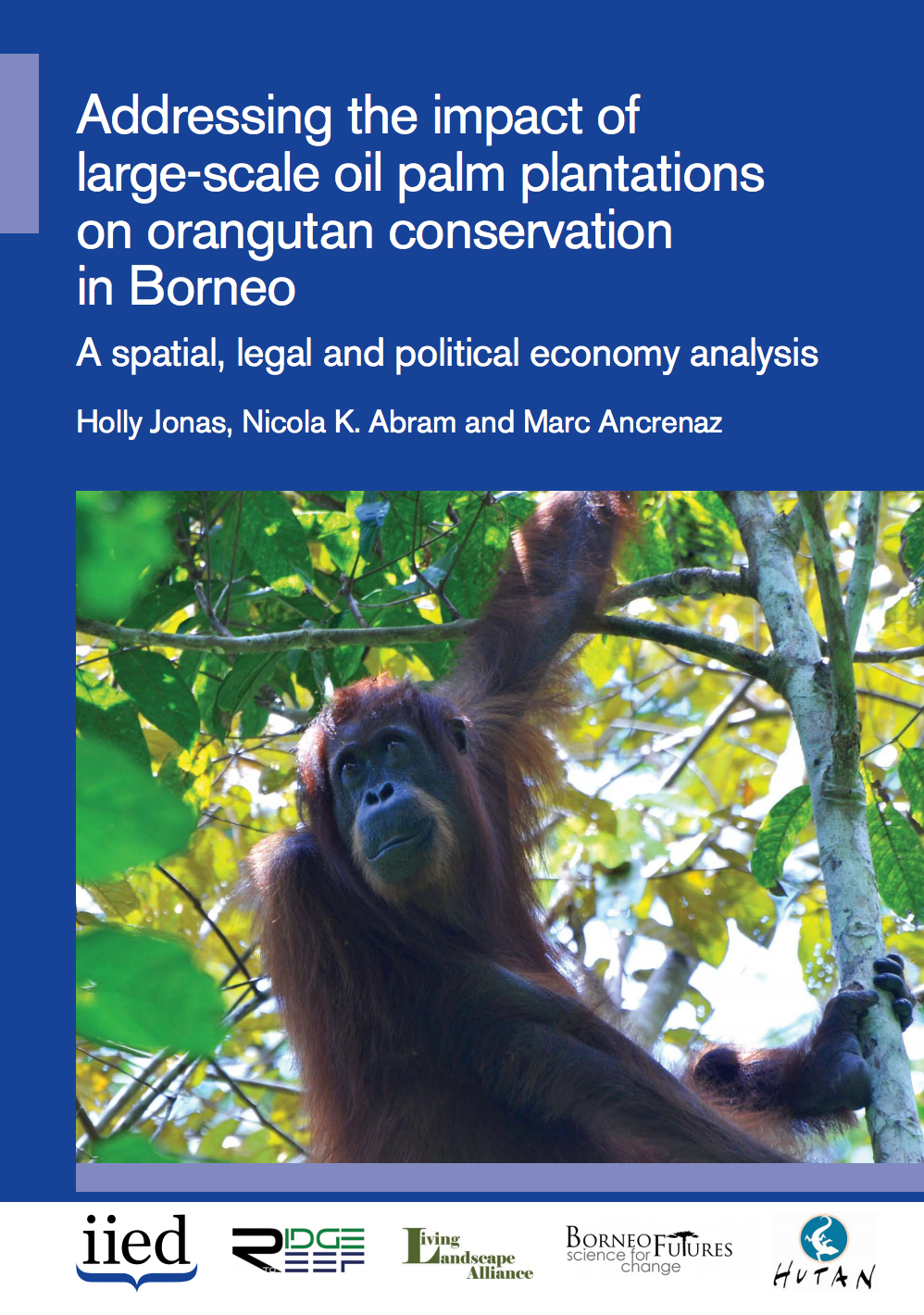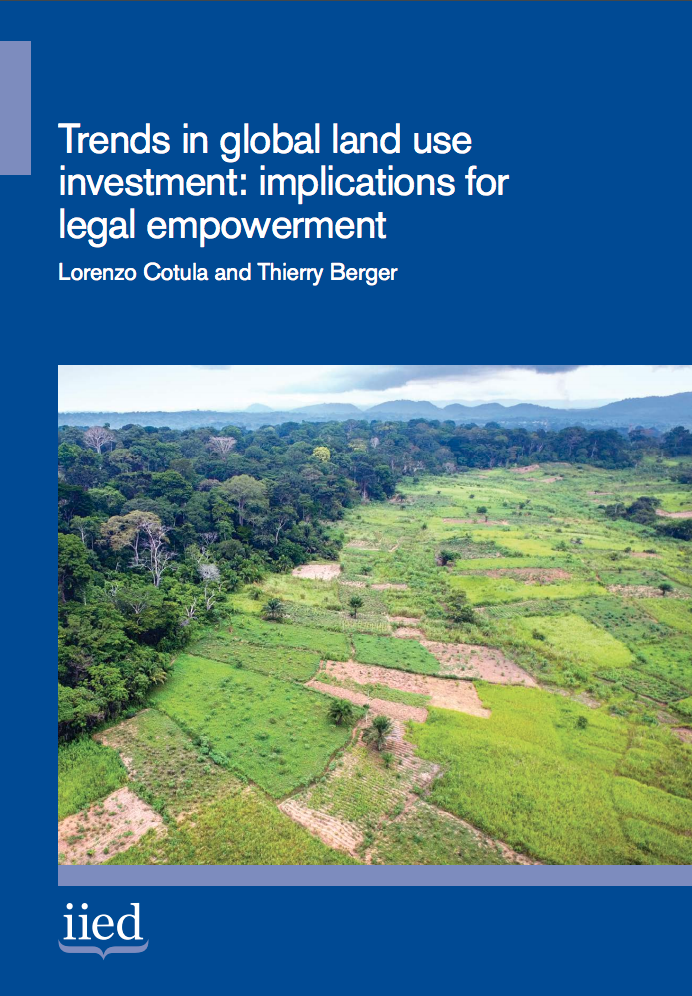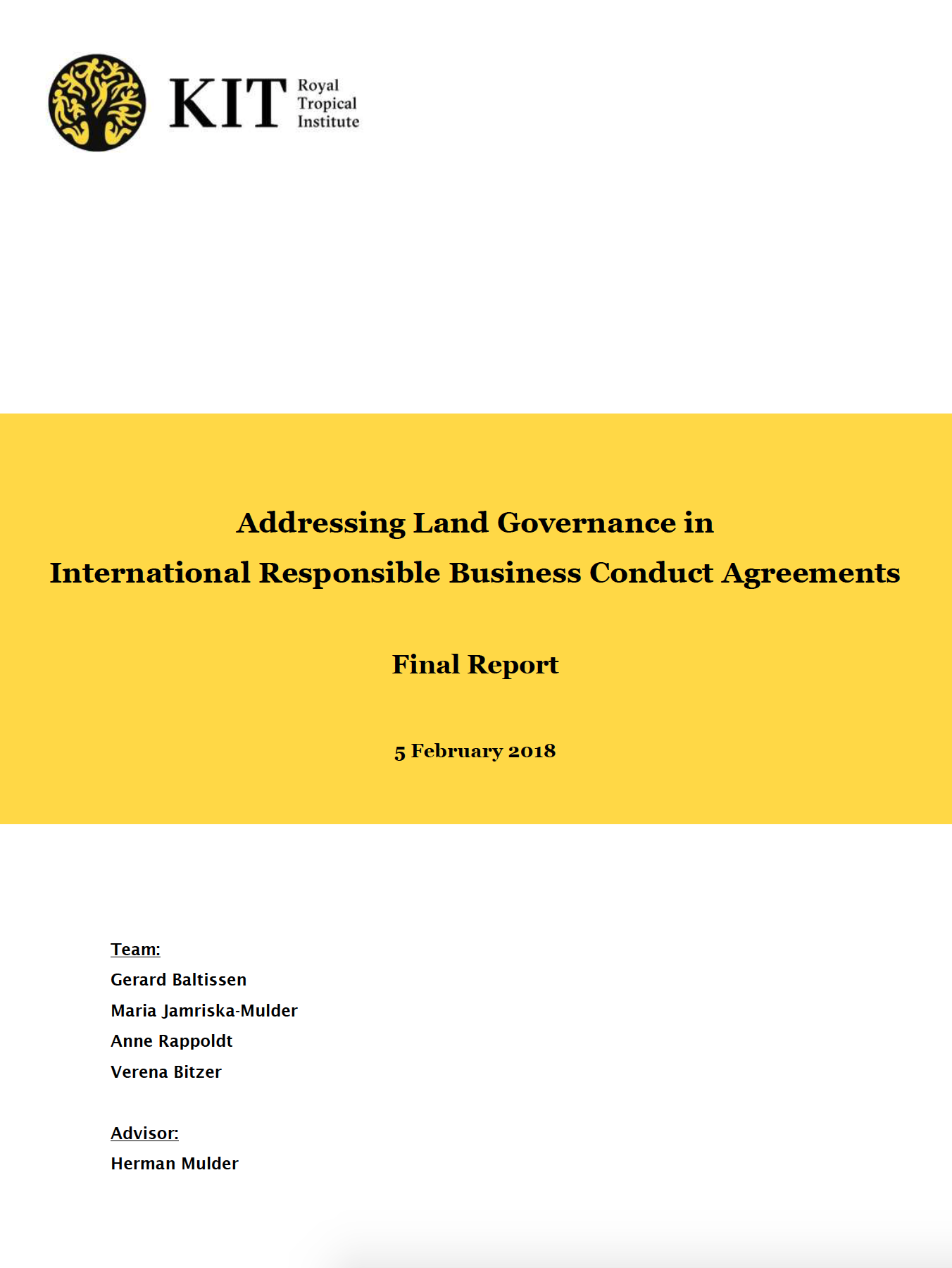Decreto Supremo N° 2.195 – Establece un mecanismo para la asignación porcentual de la compensación financiera por impactos socio ambientales de las Actividades, Obras o Proyectos hidrocarburíferos, cuando se desarrollen en Territorios Indígena Originar...
El presente Decreto regula el mecanismo para la asignación porcentual de la compensación financiera por impactos socio ambientales de las actividades, obras o proyectos hidrocarburíferos, cuando se desarrollen en Territorios Indígena Originario Campesinos.




